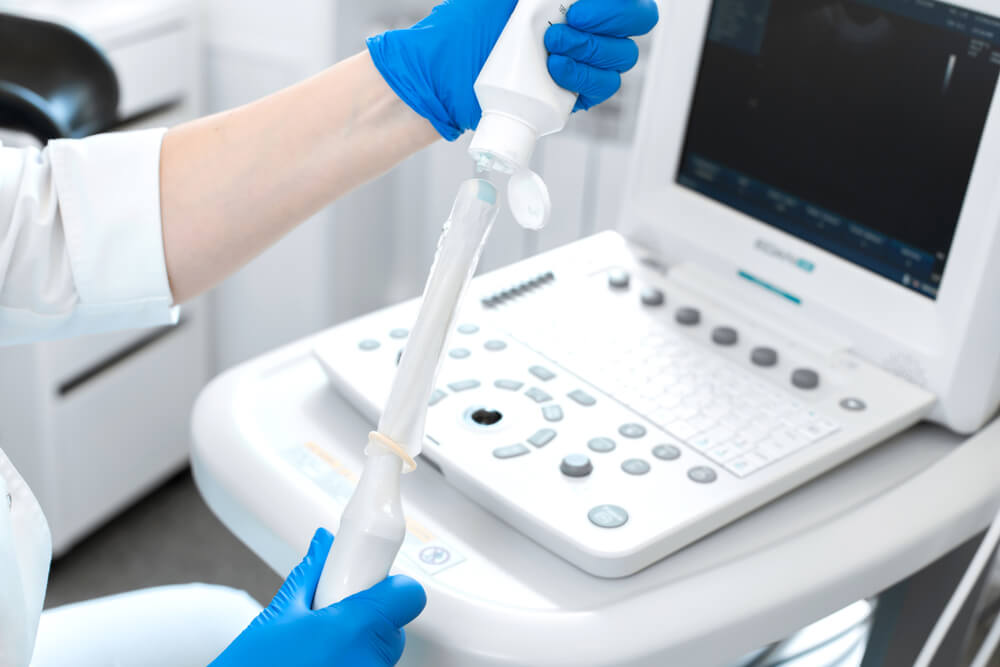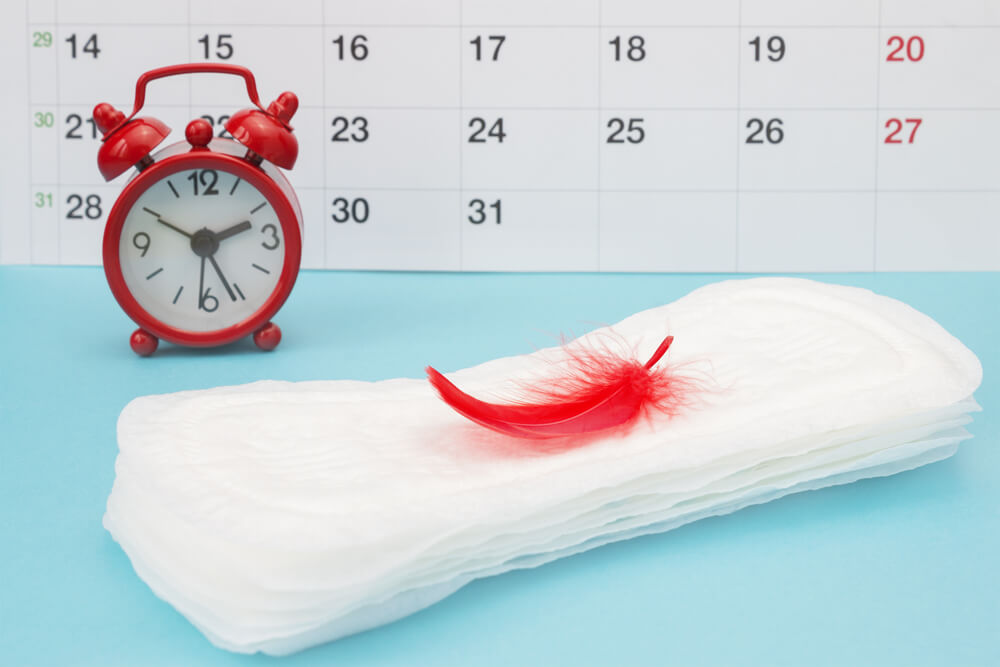A woman can be sure that she has hit menopause if she hadn’t had her period for a whole year. This is a natural process that commonly happens to women in their 40s and 50s due to the hormone decline. Therefore, it’s only logical that women in menopause won’t expect to see any bleeding in the future. However, sometimes, it’s possible for ladies to experience bleeding after menopause as well. If this happens, it’s essential to address the issue as soon as possible and visit the doctor. After all, the bleeding itself is very likely to be caused by something other than menstruation.
What Causes Bleeding After Menopause?
There are several different reasons why a woman might experience post-menopause bleeding. As you can expect, these causes vary greatly when it comes to the level of concern. However, it’s still necessary to seek medical assistance. That said, the most common causes of bleeding after menopause include the following:
-
Endometrial Atrophy
In menopause, the female body stops producing the estrogen hormone. As a result, it’s possible for a woman’s endometrial lining to thin out. Due to this occurrence, it’s also possible for the endometrium to bleed occasionally.
-
Endometrial Hyperplasia
Contrary to the previous condition, endometrial hyperplasia involves the thickening of the uterine lining. Therefore, women affected by this could experience heavier bleeding even though they’re in menopause. This happens due to the excessive production of estrogen that hasn’t stopped without the necessary hormone progesterone to balance things out. Even though this condition is not extremely serious a first, ignoring it for too long could actually increase the risk of endometrial cancer.
-
Endometrial Cancer
Endometrial cancer is a serious condition, which is precisely why you should never ignore vaginal bleeding after menopause. Almost 10% of postmenopausal women who experience bleeding tend to suffer from this type of cancer.
-
Polyps
Uterus lining can develop certain growth anomalies, which are commonly known as polyps. Fortunately, polyps are not cancerous, but they shouldn’t be ignored either, as they can cause really heavy bleeding in menopause. It’s also possible for these polyps to grow inside the cervical canal. If this happens, women could experience bleeding during intercourse as well.
-
Other Less Common Causes
Postmenopausal spotting and bleeding could also occur due to the following reasons, even though that’s not as likely compared to the already mentioned conditions:
- Thyroid disorders
- Pelvis trauma
- Clotting issues
- Endometritis
- Urinary tract bleeding
- The side effects of hormone medication

Tests Necessary for Correct Diagnosis
In order to conduct the necessary test, the doctor will have to inquire about your symptoms in regards to postmenopausal bleeding. You can expect questions such as:
- When did you first notice your symptoms?
- Do you bleed heavily or is it just occasional spotting?
- Has anyone in your family experienced postmenopausal bleeding?
It’s possible that you might need to go through some additional tests depending on your symptoms, but the most common tests used to set a proper diagnosis include the following:
-
Dilation and Curettage (D&C)
Going through this particular procedure means that the doctor will have to widen your cervix in order to get a tissue sample for analysis. The doctor will also check for any potential growths inside the uterus with a hysteroscope tool.
-
Endometrial Biopsy
If you have to go through endometrial biopsy, you’ll have the doctor take a tissue sample from the uterus lining by inserting a thin tube into the vagina. Once the tissue is obtained, it will be sent to further excessive testing for any anomalies.
-
Hysteroscopy
Hysteroscopy will help the doctor determine whether you have any abnormal growths or polyps inside the uterus and uterus lining by inserting a thin tool with a camera.
-
Sonohysterography
Also known as a transabdominal ultrasound, sonohysterography is performed by injecting fluid into the uterus through the vagina. The doctor will then use the ultrasound machine in order to check whether there are any tissue differences. This will help them visualize your uterus and learn whether there’s any thickening or thinning of the uterus lining.
-
Transvaginal Ultrasound
The doctor will insert an ultrasound probe into the vagina. That way, they will get an idea of the uterus condition from the bottom of the uterus, contrary to the previous test, which involves the lower abdomen.

Possible Treatments for Bleeding in Menopause
Depending on the test results and other underlying causes in regards to this occurrence, the doctor will decide what’s the best treatment for your particular case. In case the cause of your postmenopausal bleeding are polyps, the treatment will involve removing the polyps surgically. If it happens that you have endometrial cancer, the most common course of action is to completely remove the uterus and surrounding lymph nodes. Chemotherapy and radiation might be necessary as well, in case cancer has already spread in the body. Women suffering from endometrial hyperplasia should effectively deal with the condition by taking adequate medication for it, which will then prevent the thickening of the endometrial lining. However, it’s always recommended to do regular checkups for cancerous cells. In case the cause of bleeding is the tissue thinning, it would be necessary to take vaginal estrogen. Anywhere between four and eleven percent of ladies may experience bleeding after menopause. Even though irregular bleeding and spotting are somewhat normal just before hitting menopause, once a woman doesn’t get her period for more than a year and then experience bleeding should be a reason for concern. The cause of the bleeding doesn’t have to be anything too serious and there’s no need to panic, but it’s still better to book an appointment with your doctor as soon as possible.
All women are welcome to get top-notch medical service at Trogolo Obstetrics and Gynecology, regardless of their age. We have built our practice on a more personalized approach to healthcare for the women of Jacksonville. Our dedication, professionalism, and expertise together with friendly staff and pleasant office atmosphere make our Trogolo Obstetrics and Gynecology practice the best choice for your health and peace of mind. Call us to make an appointment today!





